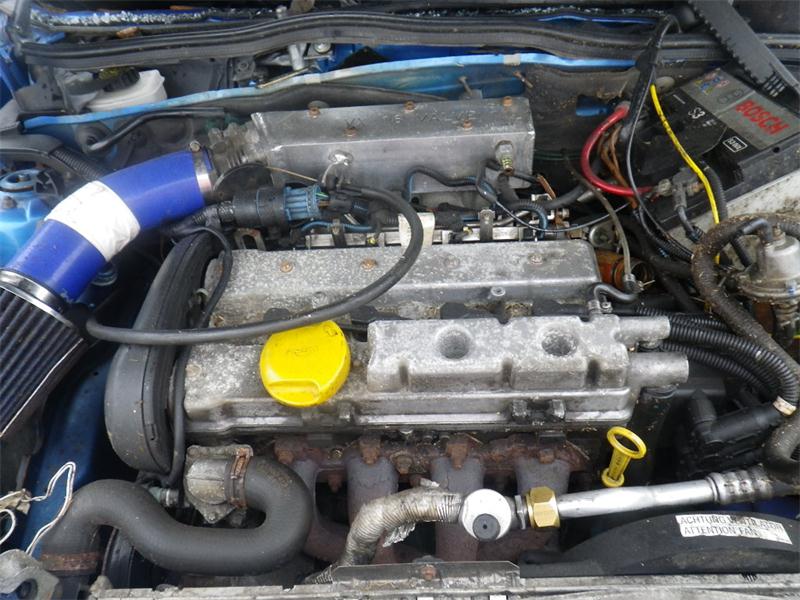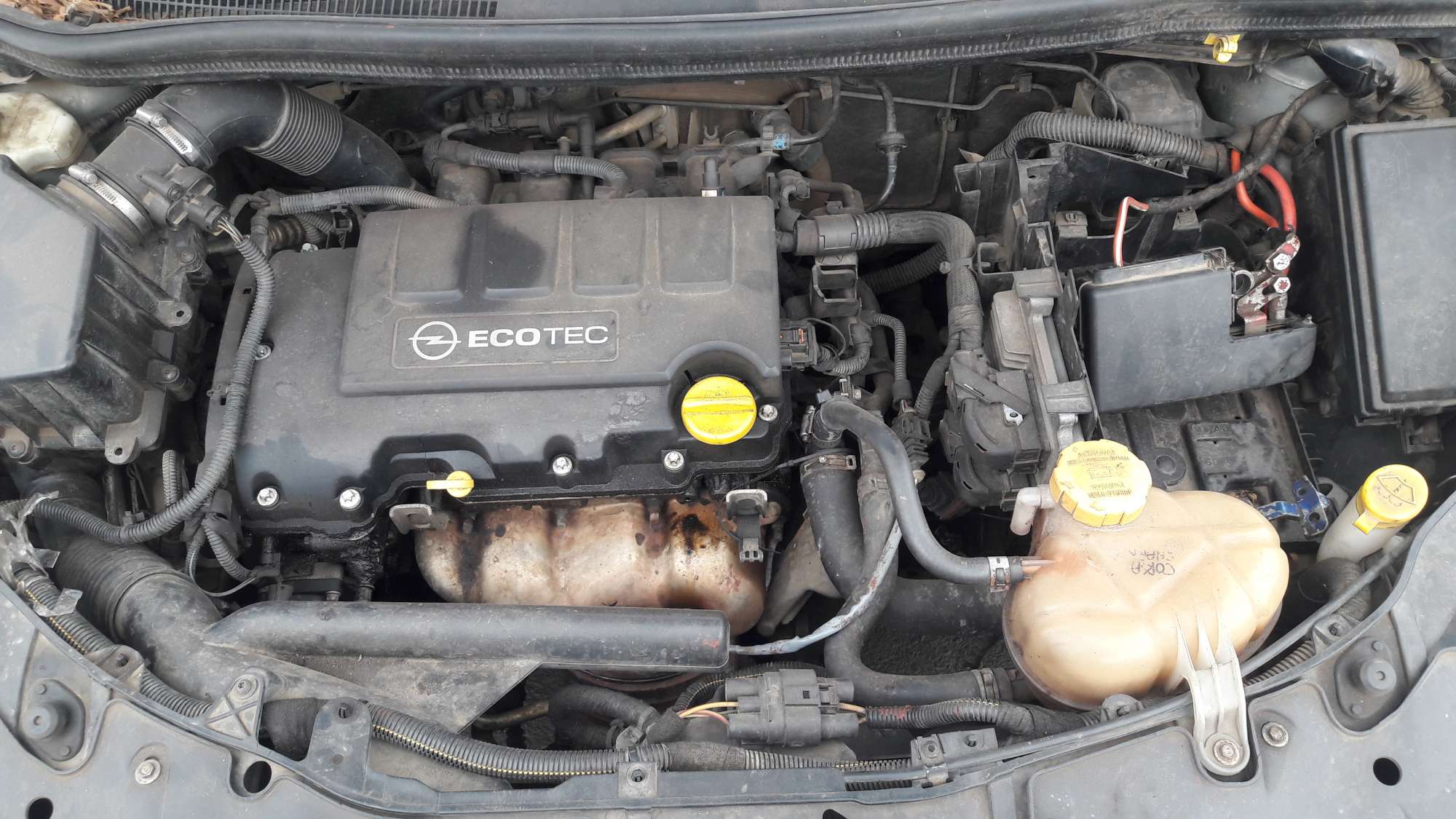Engine Purchasing Professional Tips on Choosing the Right Engine for Your Certain Demands
Picking the appropriate engine for your details demands entails an intricate interaction of variables that go past plain horse power numbers. From power outcome to sustain effectiveness, the decision-making process can be daunting. Understanding the nuances of engine types, dimensions, and their compatibility with your lorry is crucial. There are expert pointers that can aid browse this terrain with confidence. By delving right into the ins and outs of power versus performance, examining fuel ratings, and budgeting for long-term costs, one can really optimize their engine option.
Power Vs. Efficiency: Discovering the Balance
When selecting an engine, it is essential to strike an equilibrium between power and efficiency to satisfy your specific demands efficiently. Power describes the engine's ability to generate energy for propulsion, determining aspects like velocity, hauling ability, and general efficiency - Opel Corsa 1.4 Engine Price. On the other hand, effectiveness connects to exactly how well the engine makes use of fuel to create power, impacting aspects such as gas economy and ecological kindness
Accomplishing the ideal balance between power and performance is important since an engine that is too powerful might eat excessive gas, bring about higher operating expense and unnecessary stress on the setting. Conversely, an engine that prioritizes effectiveness over power might result in slow-moving efficiency, especially in demanding circumstances like lugging hefty loads or driving uphill.
To make a notified choice, take into consideration factors such as your common driving problems, the desired use the vehicle, and your personal preferences. By reviewing your requirements and priorities, you can select an engine that strikes the ideal balance between power and effectiveness, making certain optimum efficiency while decreasing ecological influence and operating costs.
Understanding Engine Size and Kind
To better improve the choice process of an engine that strikes the optimum equilibrium between power and performance, it is crucial to dig into the details of comprehending engine size and kind. Engine size refers to the complete volume of air and gas that can be pressed through the engine cyndrical tubes.
Usual engine types include inline engines, V engines, and rotating engines, each with its special benefits and drawbacks. Comprehending the interaction between engine dimension and kind is vital in choosing an engine that straightens with your particular requirements and top priorities, whether it be power, efficiency, or an equilibrium of both.

Consider Your Automobile's Requirements
Considering your vehicle's demands is a fundamental action in the engine choice procedure to make sure optimal efficiency and performance. It is essential to review aspects such as the meant use of the automobile, its weight, hauling capability, and fuel efficiency demands. If you are looking for an engine for a sturdy truck that will certainly be utilized for towing, you will require an effective engine with high torque capabilities. On the various other hand, if you are picking an engine for a compact car mostly used for city commuting, gas performance may be an extra critical aspect to take into consideration.
If you frequently drive in sloping or hilly locations, a durable engine with good climbing power will be essential. By straightening the engine specs with your vehicle's needs, you can make certain that your automobile operates efficiently and fulfills your performance expectations.
Reviewing Gas Efficiency Rankings
Examining fuel performance scores is a vital element of selecting the ideal engine for your car, ensuring price savings and ecological sustainability. Fuel performance scores, generally gauged in miles per gallon (MPG) for gas engines or kilowatt-hours per 100 miles (kWh/100 miles) for electrical engines, suggest just how far a vehicle can travel on a specific amount of gas or electrical energy. Higher MPG or lower kWh/100 miles worths represent extra effective engines, converting to decreased gas costs and reduced carbon emissions.
When examining fuel effectiveness ratings, consider your driving requirements and habits. If you commute long ranges daily, a highly fuel-efficient engine can lead to substantial their website cost savings over time. Additionally, contrast different engine alternatives within the same automobile course to identify one of the most affordable option. Elements such as engine size, weight, the rules of aerodynamics, and crossbreed or electrical capabilities can all influence fuel performance.
Budgeting for Long-Term Costs
Tactically preparing for long-lasting expenditures is vital when choosing an engine, making sure economic sustainability over the lorry's life-span. While the first acquisition rate of an engine is a substantial variable, it is critical to take into consideration the lasting prices connected with upkeep, repair services, and fuel usage. Choosing a more fuel-efficient engine may have a greater ahead of time expense however can lead to substantial savings over time. Normal upkeep, such as oil modifications, filter replacements, and tune-ups, is important to keep the engine running smoothly and efficiently, minimizing the danger of costly repairs down the line.
In addition, investigating the schedule and expense of replacement components for the selected engine is crucial in budget plan preparation. Engines with easily available and economical components can significantly affect long-term maintenance expenditures. Additionally, thinking about the engine's durability and anticipated life-span can help stay clear of unexpected replacement prices in the future. By carefully budgeting for these long-lasting expenditures and factoring them into the decision-making process, people can pick an engine that not only satisfies their prompt demands but likewise continues to be cost-effective throughout its life expectancy.
Verdict
To conclude, picking the right engine for your specific needs requires balancing power and efficiency, understanding engine size and type, considering your vehicle's requirements, evaluating fuel efficiency ratings, and budgeting for long-term prices. By carefully considering these factors, you can ensure that you pick an engine that fulfills your demands and supplies ideal performance for your vehicle.
To additionally fine-tune the selection procedure of an engine that strikes the ideal balance in between power and performance, it is vital to dig right into the helpful site ins and outs of comprehending engine size and kind. Engine size refers to the complete volume of air and fuel that can his explanation be pressed through the engine cylinders. Common engine kinds include inline engines, V engines, and rotating engines, each with its distinct benefits and disadvantages. Understanding the interaction in between engine size and kind is crucial in selecting an engine that straightens with your particular demands and concerns, whether it be power, performance, or a balance of both.
